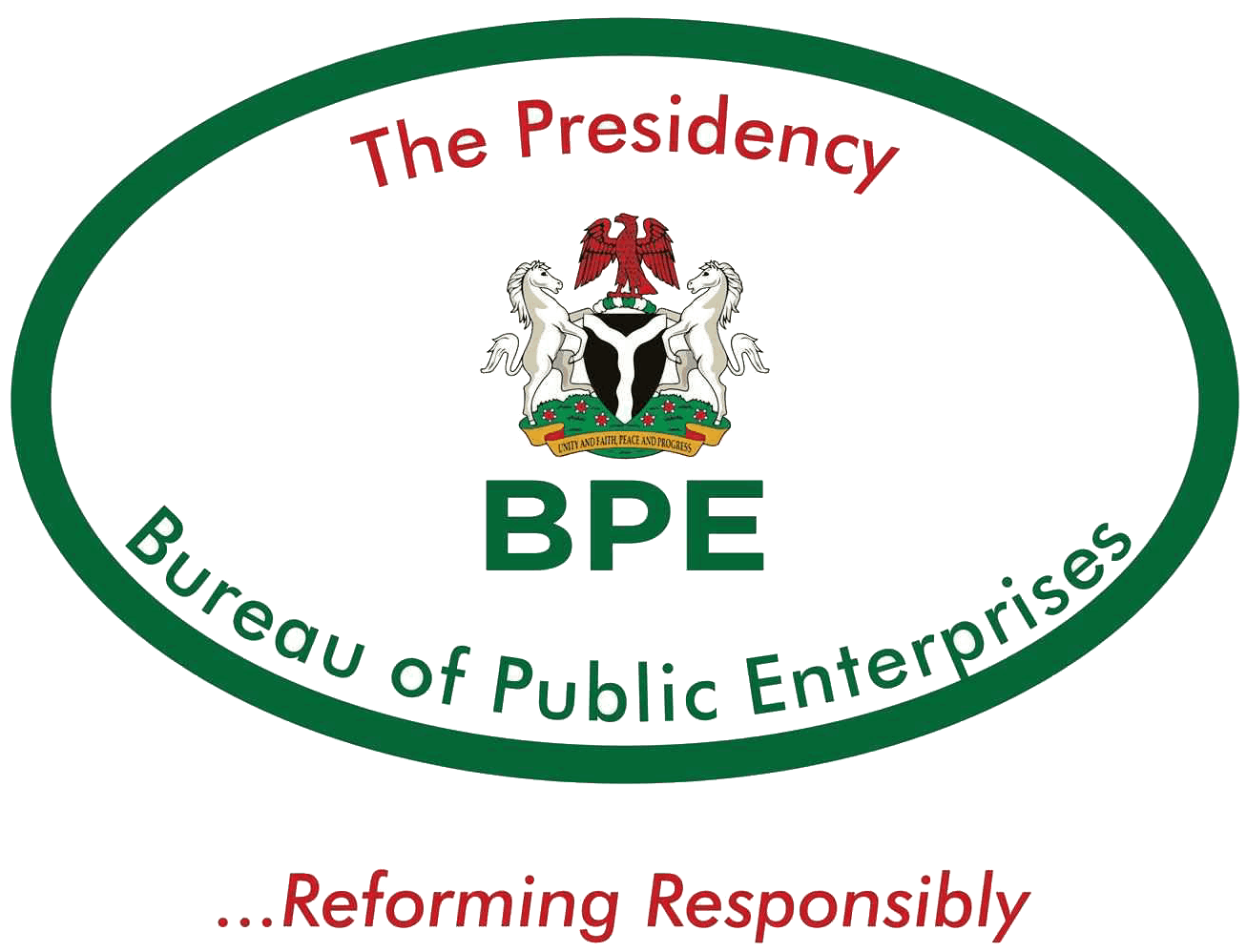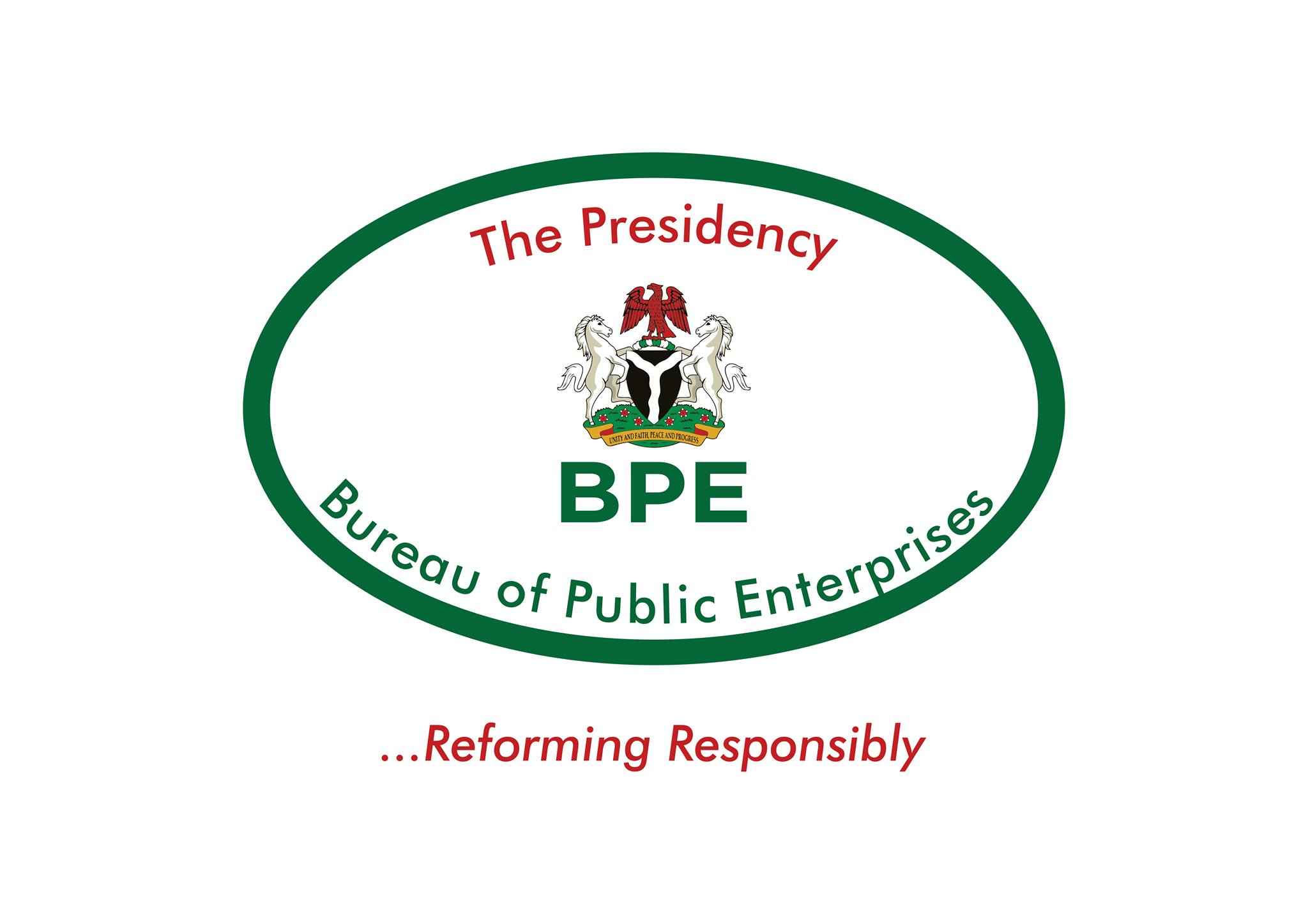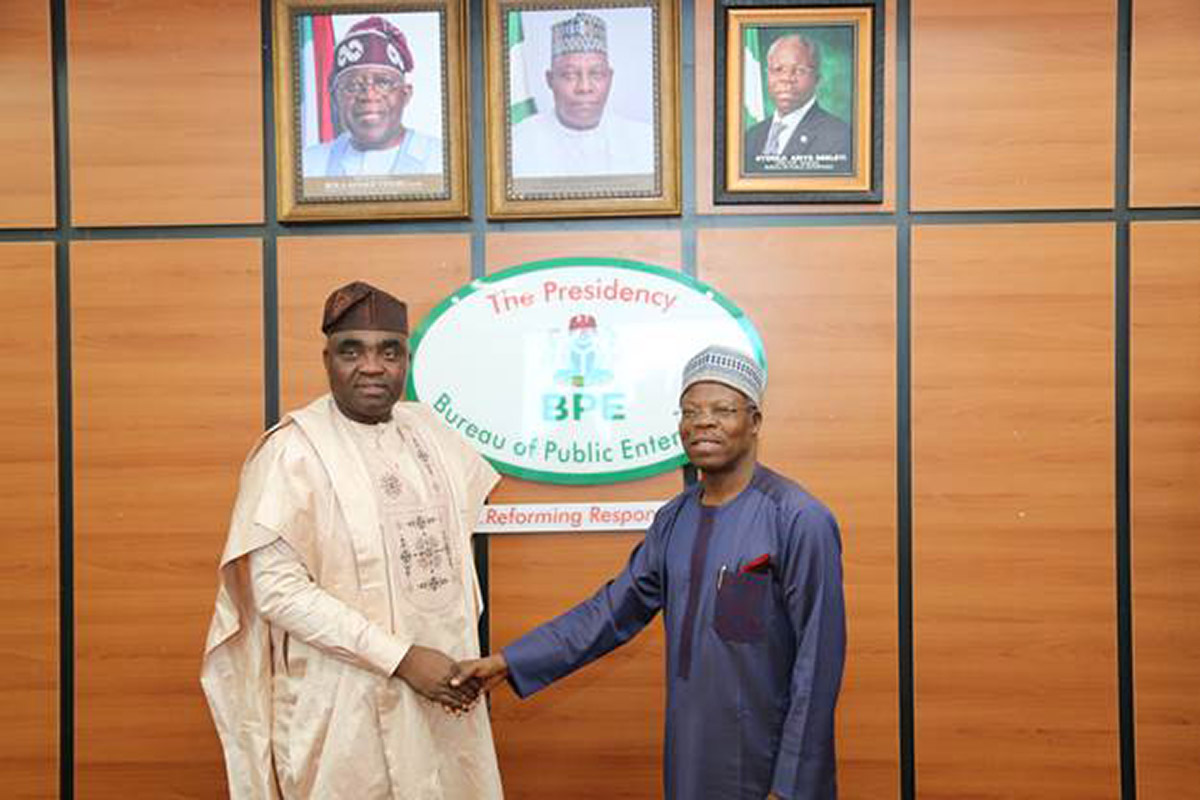- As Okoh Says, 234 Public Enterprises Successfully Transferred To Private Entities
Speaker of the House of Representatives, Hon. Femi Gbajabiamila has stressed the importance for Nigeria to think critically and act decisively to put in place a legal framework for Privatisation and Public Private Partnerships (PPPs) which allows the government to collaborate with the private sector to meet Nigeria’s public infrastructure demands and also ensure that the country maximizes the value potential of existing assets.
The Speaker stated this in Abuja on Monday, October 25, 2021, at a public hearing organised by the House of Representatives Committee on Privatisation and Commercialisation of Government Assets.
This is even as the Minister of Works and Housing, Mr. Babatunde Fashola called for the audit of all government’s assets that had been concessioned or privatised.
According to the Speaker, his call was predicated on the critical revenue challenges the country was facing currently.
He commended the lawmakers for their efforts to give thorough consideration to the Bill which proposes to make significant changes to the way the country manages its public assets and urged all the relevant stakeholders to work with the House Committee on Privatisation and Commercialisation to actualize the “noble aspirations that underpin this legislative proposal.
On his part, Fashola said there were certain assets that the private sector had not been unable to deal with.
The minister stressed that there was need to be more circumspect about certain types of assets that were being concessioned or privatised.
He also said there was a need to have a clear understanding of the type of assets that are easily amenable to PPP, saying not all assets are easily amenable.
Also, the Chairman of the Committee, Hon. Ibrahim Misau, said the policy of privatisation and commercialisation over the years had been dogged with numerous setbacks despite its good intentions, hence the need to amend the act.
He said it was based on this that the House was proposing a more potent bill to replace the existing one for improved efficiency and management of the nation’s public assets.
On his part, the Director General, Bureau of Public Enterprises (BPE), Mr. Alex Okoh, agreed with Fashola that not all public infrastructure and assets needed to be privatised.
He stressed that those that needed to be privatised or concessioned needed to be guided by clear and robust piece of legislation.
According to him, “We are in a precarious situation. The country has only recently emerged from recession following the destructive impact of COVID-19 pandemic. However, the resultant constraints in the fiscal space are still very much evident.
“Our debt stock is rising while our revenue is declining. This trend becomes more worrisome when considered against certain key economic indices”, he stated.
He said Nigeria’s debt to GDP ratio was on average 34 per cent which is higher than the international threshold of 30 per cent.
The Director-General said debt service to revenue ratio was 98 per cent, far above the World Bank’s threshold of 22.5 per cent.
Okoh noted, “Notwithstanding this gloomy reality, there is still the possibility of emerging from this dark tunnel and into the light of economic prosperity by seeking to put in place a credible and robust mechanism to reset and reform the economy especially a robust asset optimisation and public, private partnership framework to attract private capital into infrastructure development, thereby stimulating economic growth.
“From inception to date, a total of 234 public enterprises have been successfully reformed by way of privatisation, commercialisation and in some cases, concession”, he revealed.
Okoh pointed out that the globally acclaimed telecom revolution in Nigeria which has created a tele-density of about 96 per cent in 20 years, with a current contribution of 14 per cent to the National GDP, was a product of the reform of the sector, spearheaded by the BPE.
Amina Tukur Othman
Head, Public Communications
October 26, 2021.




